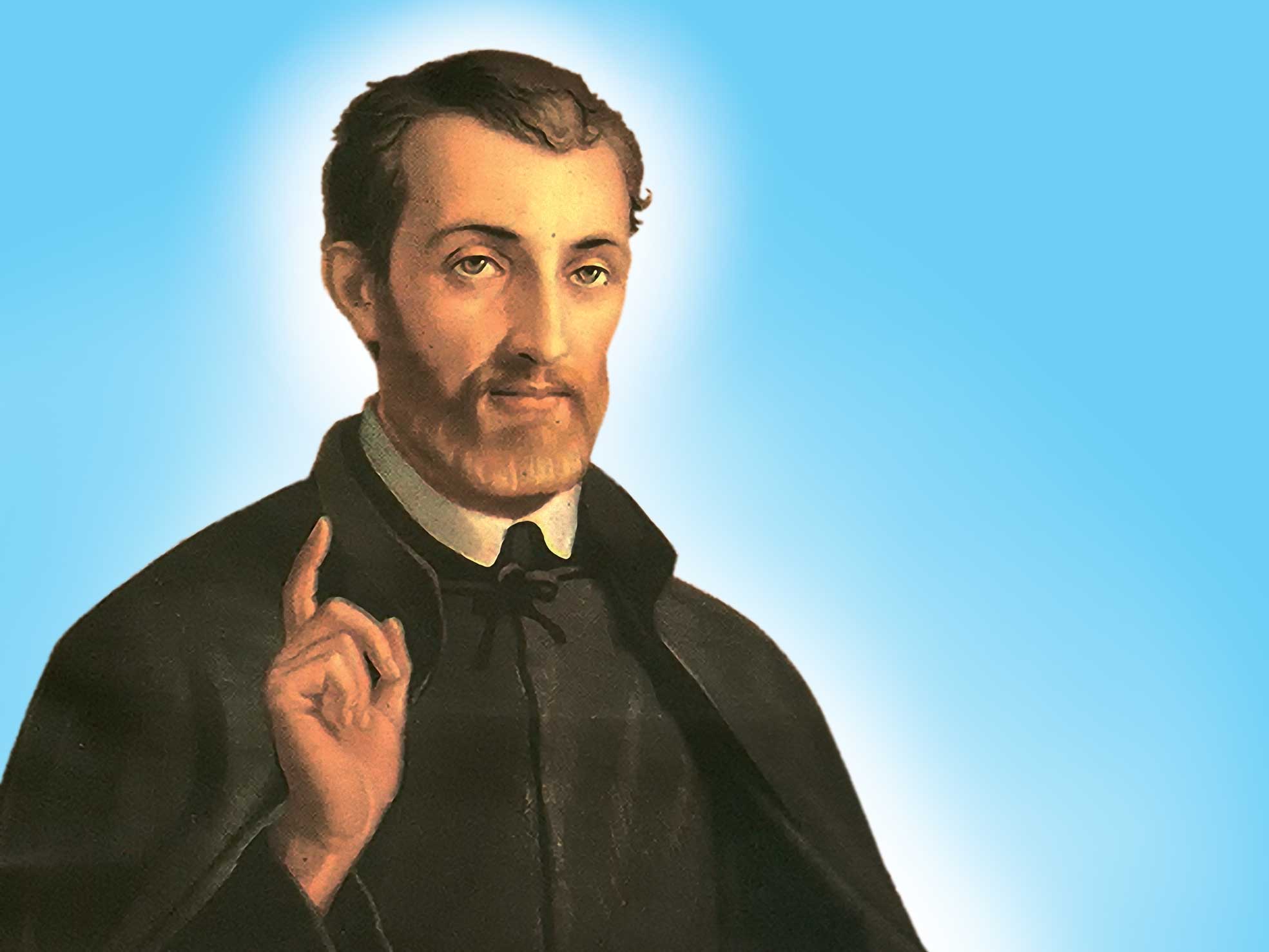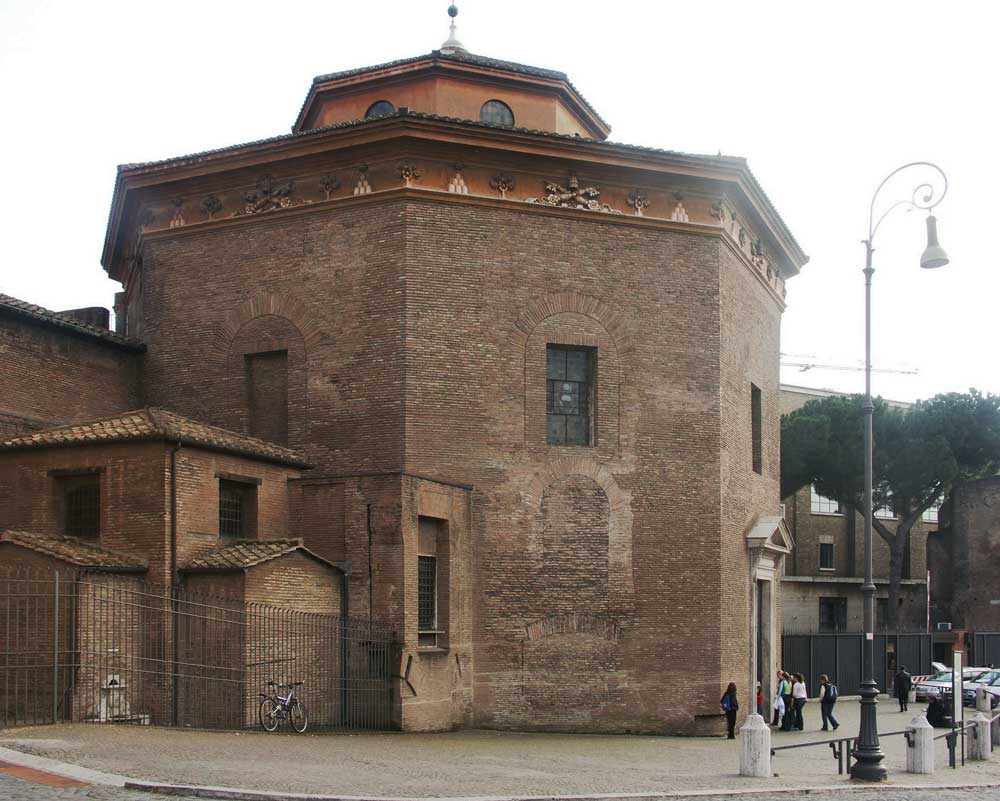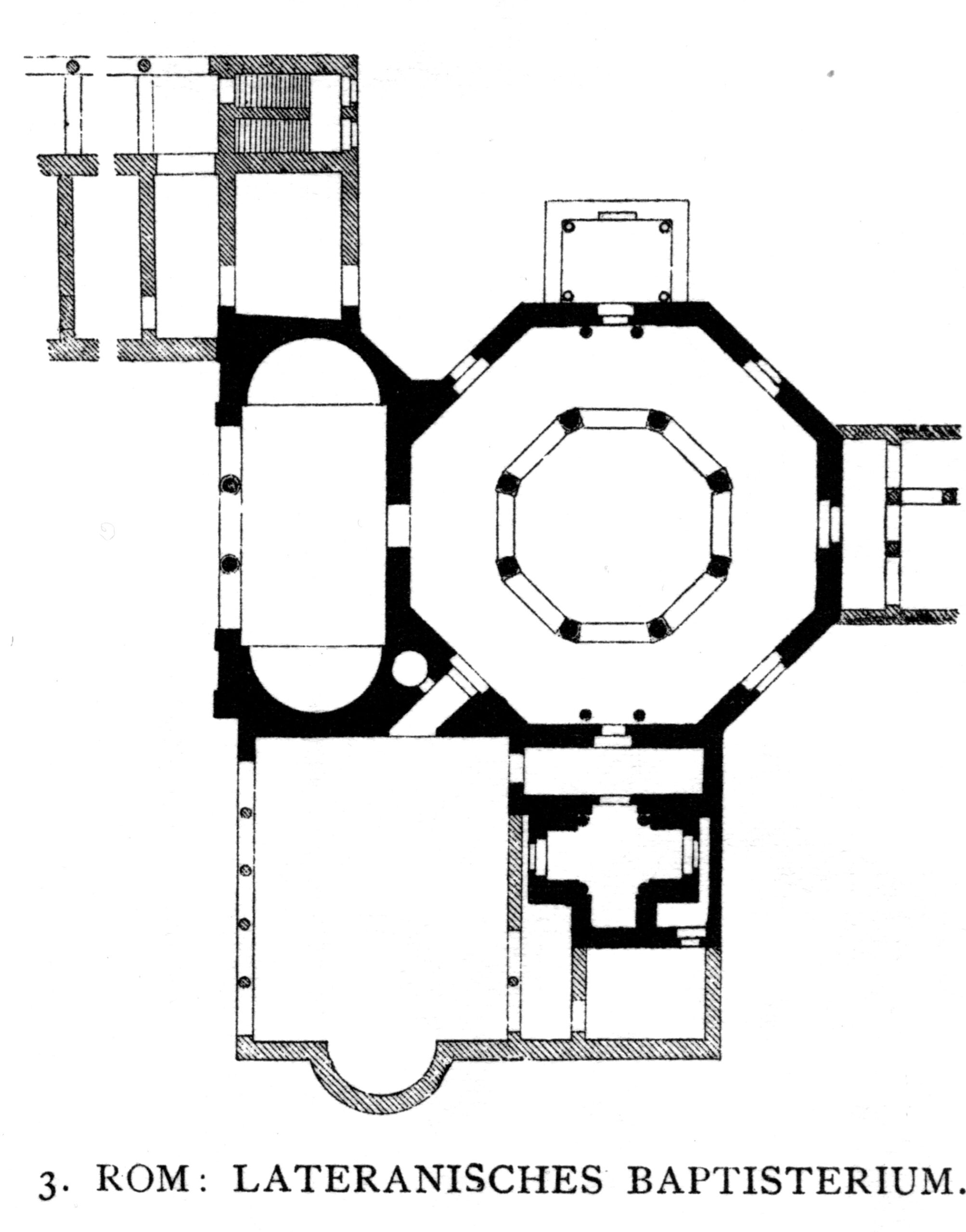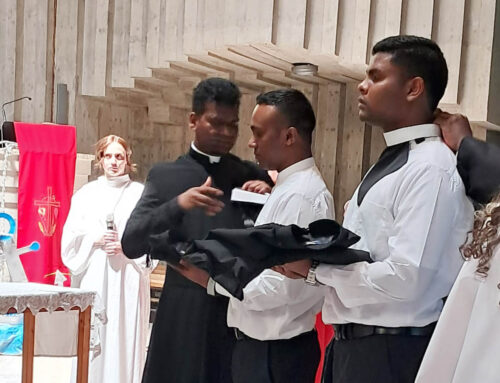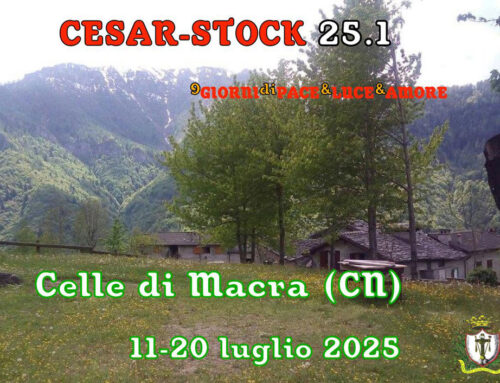Saint Caesar De Bus.
Fr. Sergio La Pegna, dc, General Superior
Dearest brothers, members of the Doctrinaire Family Movement, Doctrinaire Fraternity of the Word, Doctrinaire Laity and friends all, as is now tradition, we find ourselves living together the solemnity of our Founder, Saint Cesar de Bus. This year, April 15 falls on Holy Tuesday, during the most important week of the liturgical year. The norms of the Church say that, in these cases, the liturgical solemnity is transferred to the Monday after the octave of Easter, therefore April 28.
In this Holy Year, as we prepare to experience the “double Easter” of Saint Cesar, I would like to remember the 450th anniversary of his so-called “conversion”, which occurred during the Holy Year of 1575.
We all know the story. I will briefly mention it: in 1575, while Cesare was in Avignon where he had gone for the Jubilee, one evening he was distracted from his religious practices by giving in to the pressure of some friends to go to a dance. Around midnight, on his way home, in front of the monastery of St. Clare, he heard the nuns singing psalms. He stopped and exclaimed: “These young virgins are keeping vigil to praise God, but you are running to gravely offend him”. At these words, he felt such deep sorrow that he immediately knelt down in front of the door of the monastery church and, with clasped hands, implored God’s forgiveness for his past. He then made the resolution to consecrate himself definitively to the Lord.
This is the profound meaning of radical change: the desire for authenticity in living the faith. Cesar feels the pressing need to harmonize his life with his faith and to pass – as Newman states – from the “notional consent” obligatory only by reason, to the “real consent” That Engages The Whole Life’ (Cf. J. De Viguerie, Une ouvre d’éducation, pp. 11-14). This concern for righteousness to himself and to God profoundly marks the spirituality and mission of the Founder. In fact, in his speech for the foundation of the Congregation, he confirms the importance of being authentic: “Let us announce this Word, teach this Doctrine, consecrate ourselves to this exercise and we will be Angels of Light! It is true that we would only be half so if we spread the light with our words and, at the same time, the darkness with our actions. Everything in us must catechize; our lifestyle must be so in conformity with the truths taught that it is a living catechism”. We find this same thought in the famous passage from Evangelii Nuntiandi in which Saint Paul VI states: “Modern man listens more willingly to witnesses than to teachers, and if he listens to teachers it is because they are witnesses” (EN 41).
Authenticity is valid for those who announce but also for those who welcome the evangelical message. In fact, as we know, for Father Cesare, catechesis, or as he called it, “doctrine,” becomes a “school of life”: “One goes to Doctrine and preaching, to learn to live as a Christian” (C. de Bus, Family Instructions, vol. III, 13,1).
In fact, for him, the truths of faith must be known, understood, assimilated and translated at an existential, behavioral level. Saint Cesar is not satisfied with the doctrine being known and understood; he wants it to be assimilated and to have an impact on life. With current language we would say that his catechesis aims to inspire a true and mature attitude of faith, that is, well developed in its three fundamental components: the cognitive (intelligence, the head), the emotional (emotionality, the heart) and the behavioral (the will, the hands) (Cf. G. Biancardi, Current events – The intuitions of Saint Cesar de Bus: validity for today and seeds of the future, in The charism and passion for catechesis of Saint Cesar de Bus. The Family Instructions between memory and prospective current events, Supplement to the Number 1 (2024), pp. 24-38).
Dearest brothers, in this Holy Year we too are called to live “a moment of living and personal encounter with the Lord Jesus, the door of salvation (cf. Spes non confundit n. 1). We too, like Saint Cesar, can rediscover the beauty of living our faith in everyday life. May our lifestyle be an announcement of the beauty and truthfulness of the Gospel. In fact, in the heart of every person there is hope as a desire and expectation of good, even without knowing what tomorrow will bring (cf. Spes non confundit n. 1). Faced with the anxieties and concerns that life presents to us both as individuals and as a community or family (health, the future of the young people and the Congregation, fragility in fidelity to one’s life commitments, vocations…) we are invited once again to place everything in God’s hands and to trust Him who leads history to the inalienable foundation of hope, enclosed in baptism: the entry into the life that has no end.
And the Pope mentions an eloquent artistic detail that also visibly shows its connection to eternal life: for a long time, for example, Christians built their baptismal fonts in an octagonal shape, and even today we can admire many ancient baptisteries that retain this shape, such as in Rome at St John Lateran. It indicates that in the baptismal font the eighth day is inaugurated, that is, the day of the resurrection, the day that goes beyond the usual rhythm, marked by the weekly deadline, thus opening the cycle of time to the dimension of eternity, to life that lasts forever: this is the goal towards which we strive in our earthly pilgrimage (cf. Rom 6:22 – Spes non confundit n. 20). It is the goal where that desire for fullness present in every man and woman who have loved can finally return to fulfilment (Cf. G. Cucci, S.I., «The Jubilee Year: An Invitation to Hope», in La Civiltà Cattolica 4188 (21 dic 2024/4 gen 2025) 525-529).
This was the yearning of Saint Cesar until his last breath. This is the path of Christian authenticity that we are all called to live. Happy Feast of St Cesar.
Rome, 15 April 2025, 418th anniversary of St Cesar’s death

